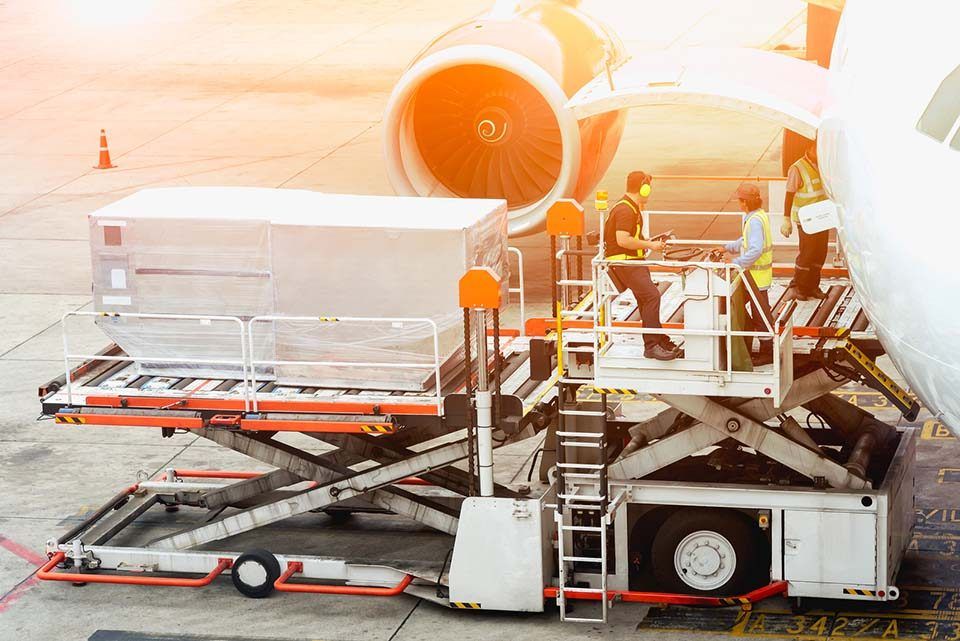June 26, 2018 | Industry Insights
CBP Implements New Filing Deadline for ACAS Information

By: Matthew L. Zehner – Vice President, Surety Information & Analysis
In the June 12, 2018 Federal Register, CBP’s ACAS Interim Final Rule sets forth CBP’s new regulations requiring certain information about air cargo shipments that arrive in or transit the United States. Air Cargo Advance Screening (ACAS) regulations formalize a pilot program initiated over 7 years ago in response to terrorist attempts targeting air traffic, including the use of air cargo. These new regulations round out and backfill some existing requirements from the advance manifest regulations implemented nearly 15 years ago (19 CFR §122.48a), define the subset of air cargo information that is considered “ACAS” information (19 CFR §122.48b), and establish split deadlines for filing information: ACAS information is now due prior to loading; non-ACAS information is still due by its existing deadline … either prior to wheels-up for flights from nearby airports or 4 hours prior to landing for long-haul flights.
The earlier filing deadline for ACAS information makes it feasible that shippers, consignees, and their logistics partners may elect to file this information directly with CBP instead of providing the information to the air carrier for it to file. In many cases, a complete filing may require multiple parties (e.g., the air carrier files flight-related information and the shipper/consignee files the other information). The regulations do not limit filing of any advance manifest and/or ACAS information to a single entity.
The air cargo information must be filed by the inbound air carrier unless an eligible party elects to file the information. Filing parties must (1) be eligible to file, (2) be bonded,(3) establish electronic communication protocols with CBP, and (4) maintain phone and email contact information that is available at all times (24 hours / 7 days a week). Parties eligible to file the air cargo information include:
- the inbound international air carrier;
- an importer or its customs broker;
- a container freight station (CFS)/deconsolidator;
- an express consignment carrier facility (ECCF)
- a foreign indirect air carrier (FIAC) (FIACs may only file ACAS information)
ACAS filers must have a valid bond on file with CBP. Eligible filers that already possess any Activity Code 1, 2, or 3 continuous bond meet these new bonding requirements because the June 12 interim final rule expanded the conditions of these types of bonds to include a requirement for proper filing of air cargo information. Firms without the necessary bond, but wish to begin ACAS filing with CBP, should contact your Bond Service Team to begin the bond underwriting process.
The regulations are already in effect. CBP will consider any public comments about these regulations that are properly received on or before August 13, 2018. Enforcement is being phased in by CBP over the next 12 months, however willful and egregious violators will be subject to full enforcement actions at all times.













